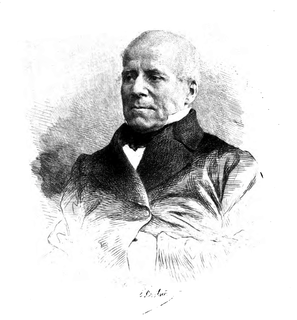A Quote by Joseph Joubert
Of the two, I prefer those who render vice lovable to those who degrade virtue.
Related Quotes
No government can continue good but under the control of the people; and . . . . their minds are to be informed by education what is right and what wrong; to be encouraged in habits of virtue and to be deterred from those of vice . . . . These are the inculcations necessary to render the people a sure basis for the structure and order of government.





































